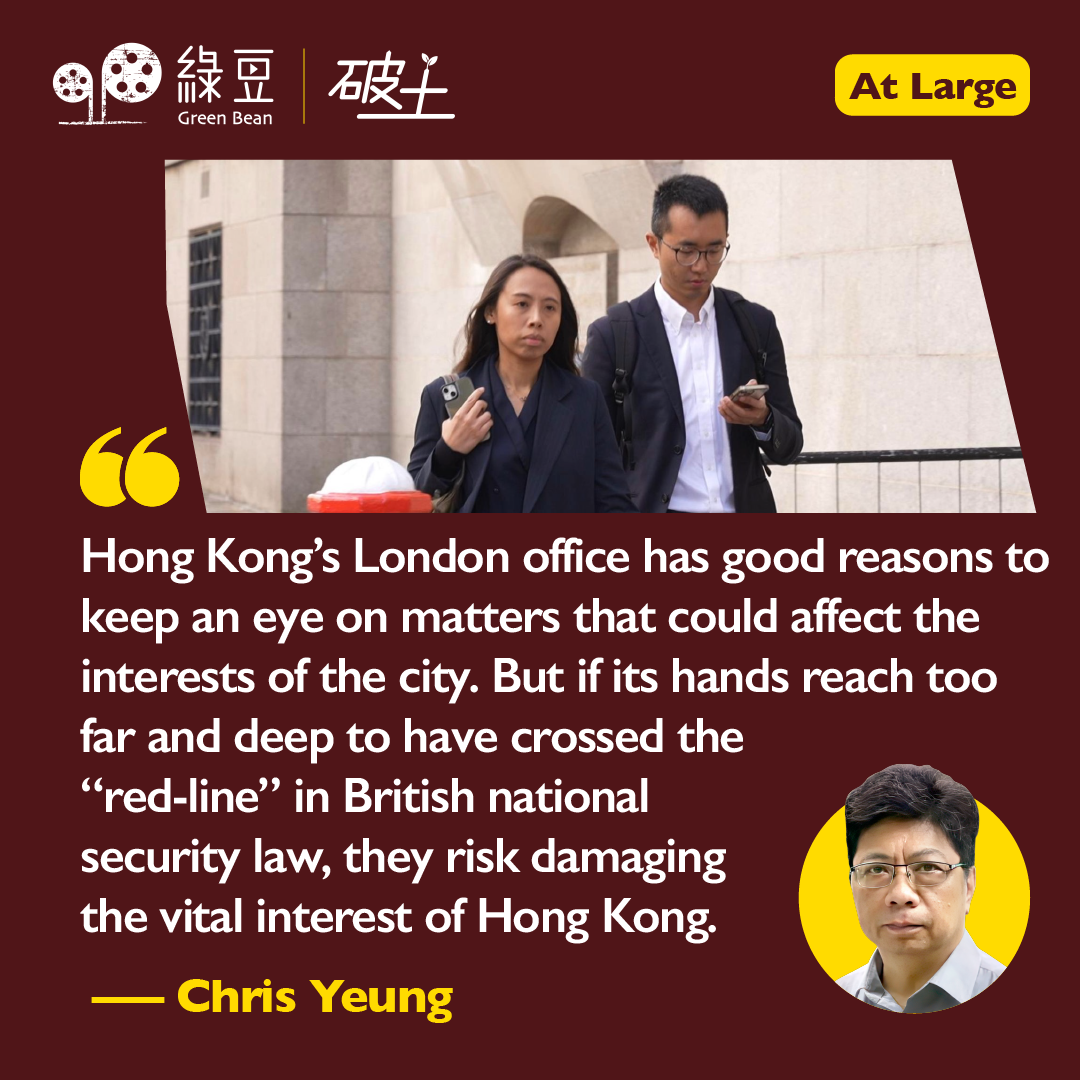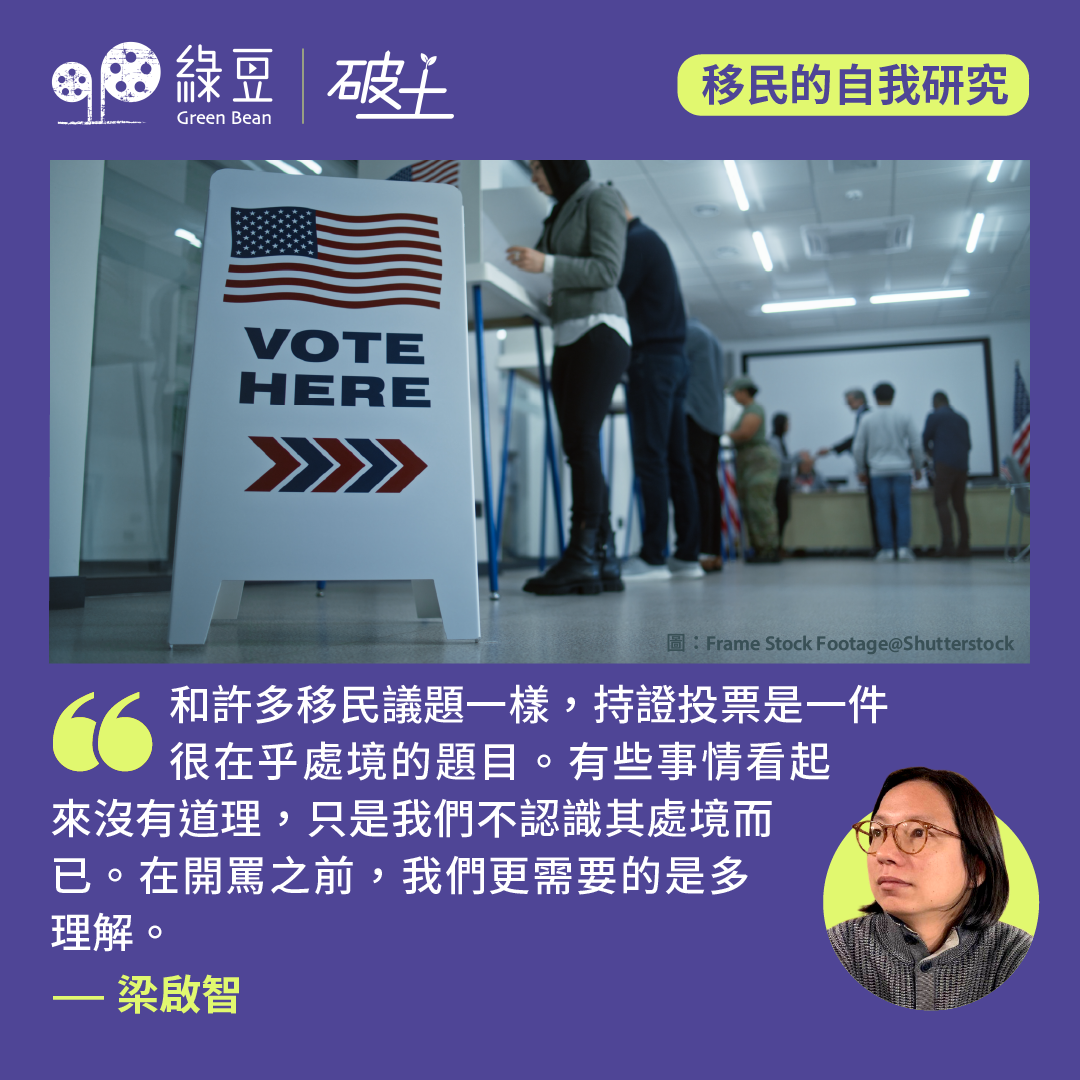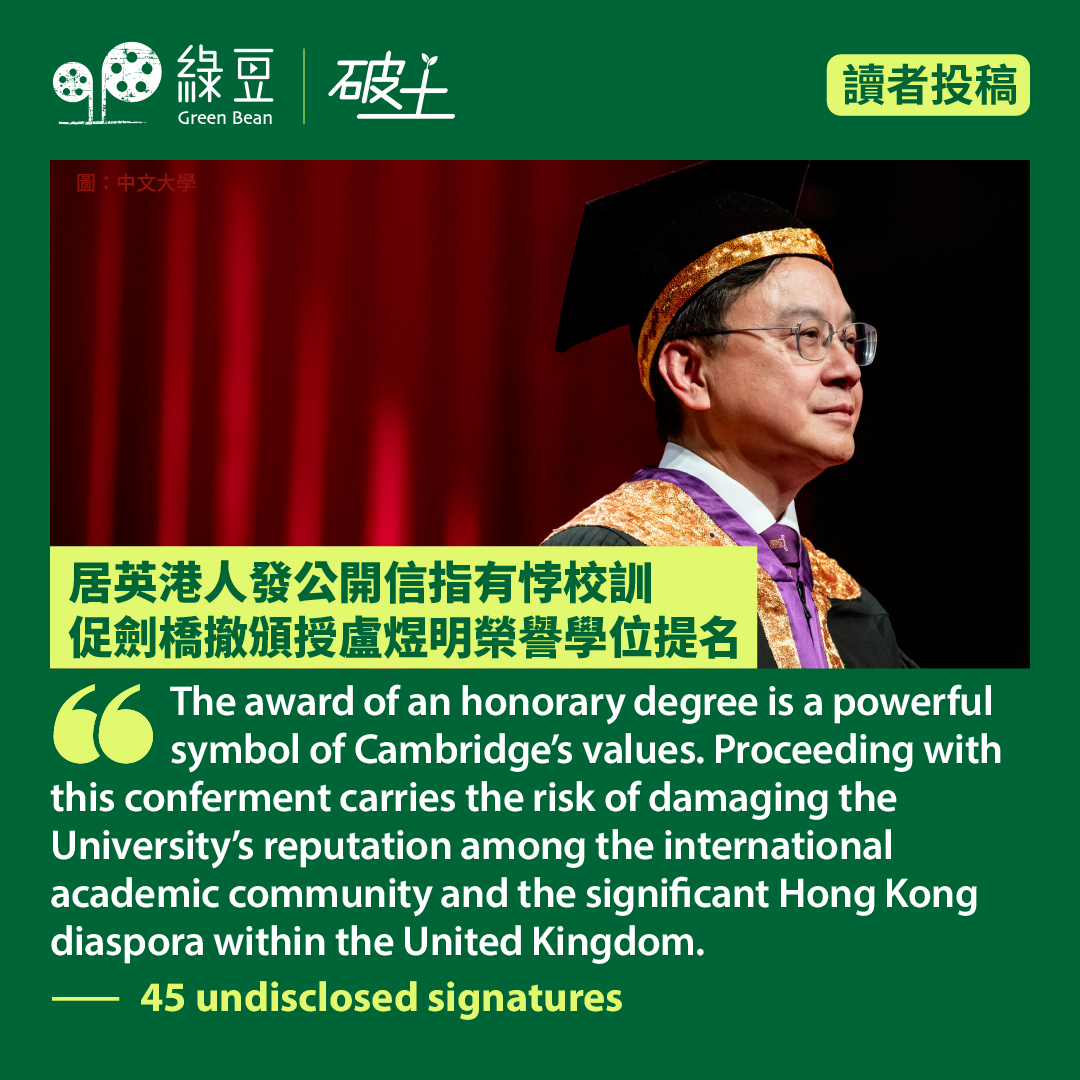An unwanted Hong Kong spy story

Amid deepening anxieties in Western countries over what they perceived as growing “China threat” at their homeland and in the globe, the alleged Hong Kong spy case in Britain looks set to inflict severe damage to the image of the city and China and their relations with the West.
The ammunition
It will give more ammunition to China-bashers and critics for them to put pressure on their respective governments to harden their stance on China and Hong Kong.
The alleged spy case involving Hong Kong’s trade office in London kicked off a diplomatic row between Britain and China as soon as the British authorities charged three men, including an office manager at the Hong Kong Economic and Trade Office, early this month. They were said to have assisted a foreign intelligence service and foreign interference between December 2023 and May this year.
The case took a shocking turn last week when Matthew Trickett, 37, one of the three defendants, was found dead on May 19 in a public park, about a kilometer away from his correspondence address. The case was treated as “unexplained” as of last Friday.
On Friday, British prosecutors dropped espionage charges against Trickett as a London court set a February trial date for two other co-defendants, Peter Wai Chi-leung, 38, and Bill Yuen Chung-biu, 63. Yuen was a former Hong Kong police superintendent.
The trio were initially accused of breaching the UK’s National Security Act by allegedly carrying out surveillance against Hong Kong activists living in the country.
Beijing’s swift denial
In Beijing, foreign ministry spokesman Wang Wenbin hit out at the UK before Friday’s hearing, saying it had been “fabricating charges” in the name of national security to “arbitrarily stigmatise China”.
“[The UK] has even arbitrarily arrested and prosecuted Chinese citizens in the UK, interfering with the normal operation of the Hong Kong Economic and Trade Office in London. China expresses strong disapproval and firm objection to this,” he said.
Beijing’s swift denial of the allegation and branding it a smearing-China case even before the trial begins helps little to reduce the damage to the image of Hong Kong and China. It may have done the opposite, giving more credence to the claims that China has been active in the intelligence world, posing a threat to other countries, in particular the Western bloc.
That both Trickett and Wai had worked with the military, police and other offices in the UK were alleged to have worked for an office manager at Hong Kong’s Economic and Trade Office will raise serious questions about the capability of the British security authorities in guarding against Chinese spying.
According to a foreign-policy review in the UK published last year, it was warned that China posed “an epoch-defining challenge to the type of international order we want to see.”
Like it or not, the Hong Kong spy case will ring an alarm bell in the UK and elsewhere that the city’s trade office may have become part of China’s diplomatic-cum-security machinery.
Hands reach too far
That could not be more unfortunate for Hong Kong. The simple fact that Hong Kong’s ETO operates at an independent building separated from China’s embassy in London is clearly aimed to show the city’s unique status under the “one country, two systems” policy.
As its official name suggests, it handles economic, trade and cultural matters and stays away from the political game between China and the UK, which is good for Hong Kong.
Not surprisingly, the case has sparked calls for abolishing the quasi-diplomatic privileges, exemptions and immunities given to the Hong Kong trade office now that its functions appear to have changed.
Seeking to dismiss the case, Executive Council Convenor Regina Ip has done the opposite. She said the nature of the work of the ETO changed. “Anti-China legislators and exiled Hongkongers are stirring up trouble [in the UK], introducing motions against Hong Kong even calling for sanctions. The HKETOs have to be aware of this,” she said at a TV interview.
Hong Kong’s London office has good reasons to keep an eye on matters that could affect the interests of the city. But if its hands reach too far and deep to have crossed the “red-line” in British national security law, they risk damaging the vital interest of Hong Kong.
If proved to be true, the Hong Kong spy story is an unwanted chapter of the tale of China’s state security apparatus, which is now a source of suspense and fear in different parts of the world.
▌[At Large] About the Author
Chris Yeung is a veteran journalist, a founder and chief writer of the now-disbanded CitizenNews; he now runs a daily news commentary channel on Youtube. He had formerly worked with the South China Morning Post and the Hong Kong Economic Journal.





